Imagine having the freedom to enjoy your favorite ice cream or pizza without a hint of guilt. This isn’t a far-off dream but a reality for many professional athletes.
They master the essentials of nutrition, avoid unnecessary restrictions, and focus on what truly matters: performance. This approach not only propels them to athletic success but also offers a balanced, enjoyable eating experience we can all learn from.
Mastering Nutritional Basics
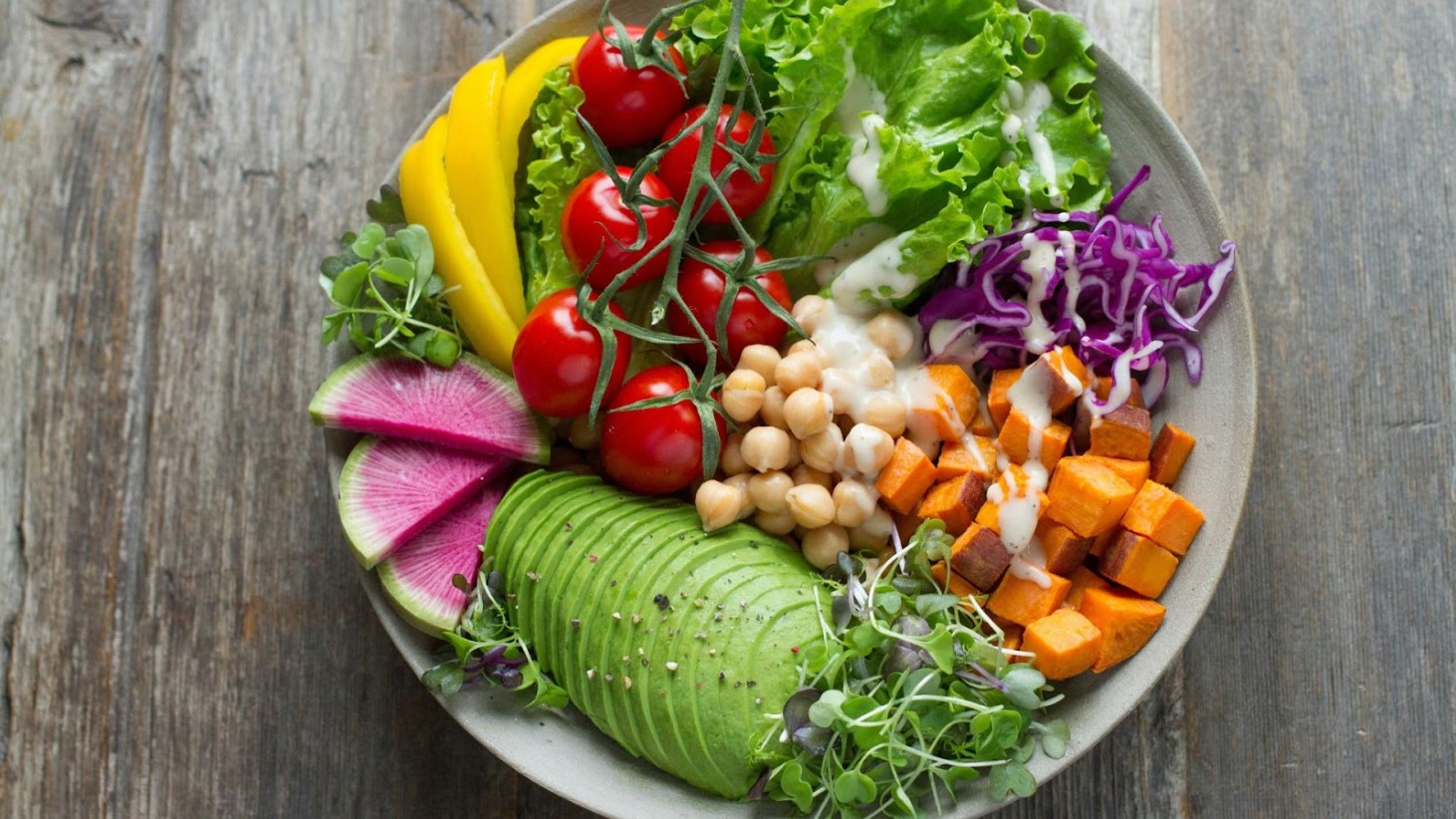
Dr Mike Molloy, a seasoned nutrition coach, shared with Business Insider that athletes tend to avoid complicated diets or reliance on supplements, focusing instead on a balanced, high-quality diet that includes adequate protein and hydration.
Molloy points out that most professional athletes do not have personal chefs and must manage their nutrition independently, emphasizing the importance of unprocessed foods, adequate hydration, and quality sleep in their routines.
Performance-Driven Eating Habits
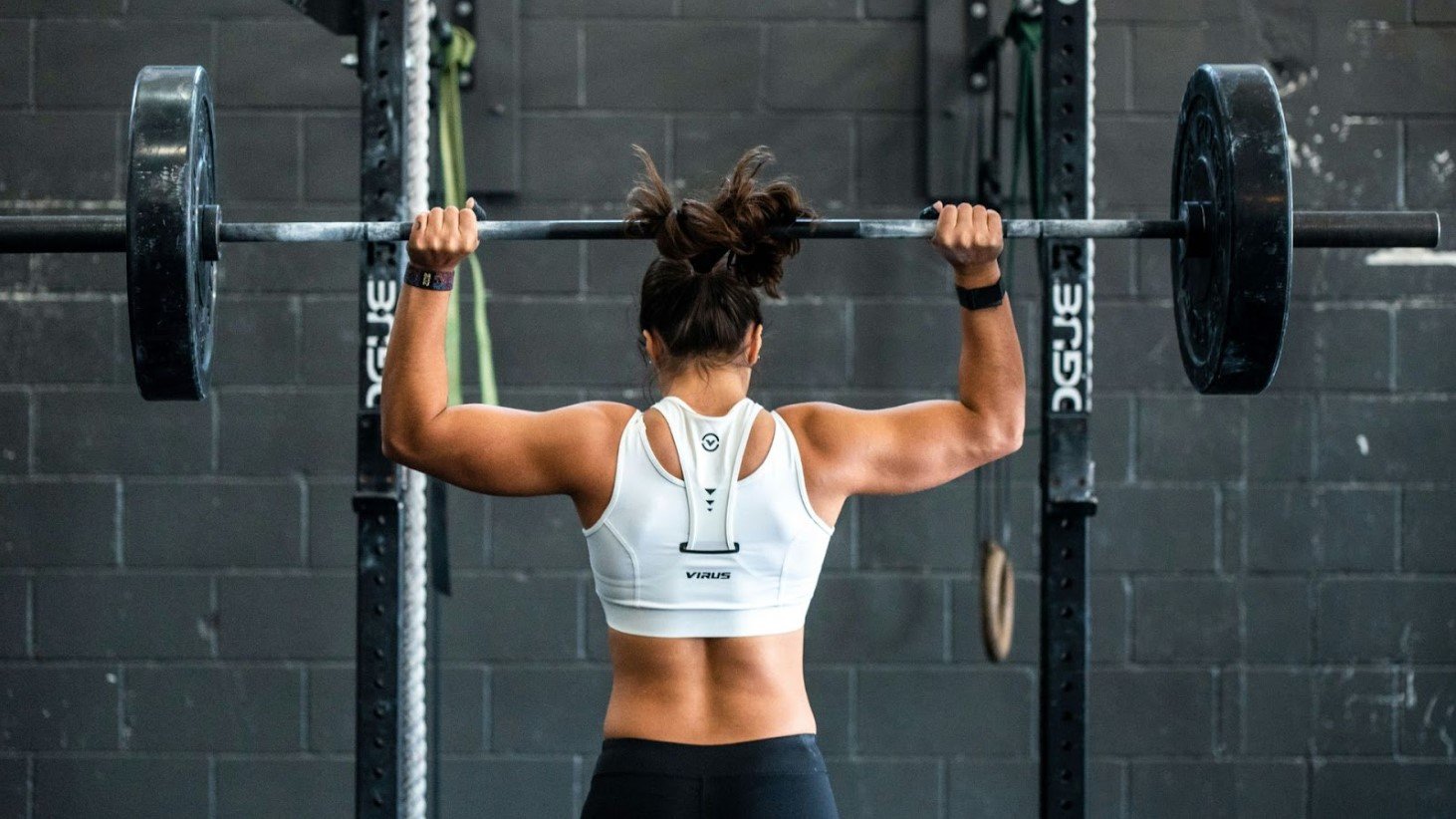
According to Dr. Molloy, athletes eat with a purpose, focusing on nourishment that enhances their performance rather than merely improving physical appearance.
He states, “They aren’t sitting there thinking, ‘How can I be lighter and leaner?’ They’re focused on fueling their life, which is driven by performance,” highlighting a goal-oriented approach to nutrition.
Moderation and Enjoyment in Diet

Professional athletes do not entirely exclude any foods from their diet, even during peak training seasons.
Molloy explains, “It’s not about never going out for dinner or never eating chocolate, we just build it into their routine,” suggesting a realistic and sustainable approach to eating that incorporates all types of food in moderation.
Proven Plan for Optimal Nutrition
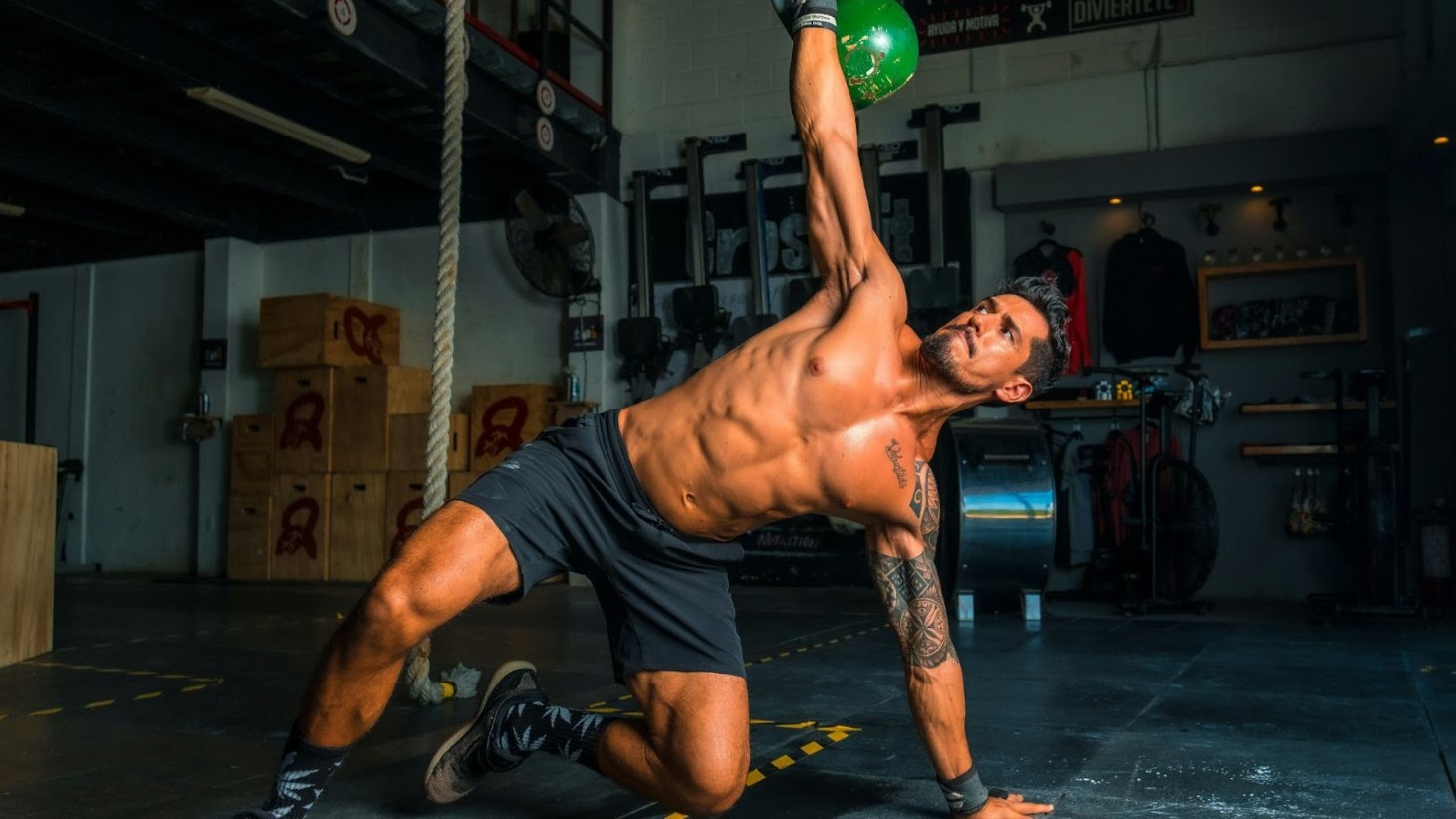
Dr. Molloy’s experience with athletes across various sports demonstrates that the nutrition strategies employed by these individuals can benefit everyone.
He asserts that the principles guiding athlete diets on moderation and balance are equally applicable to the general public, aiming for progress in nutritional habits rather than perfection.
Nutritional Strategies from an NFL Dietitian
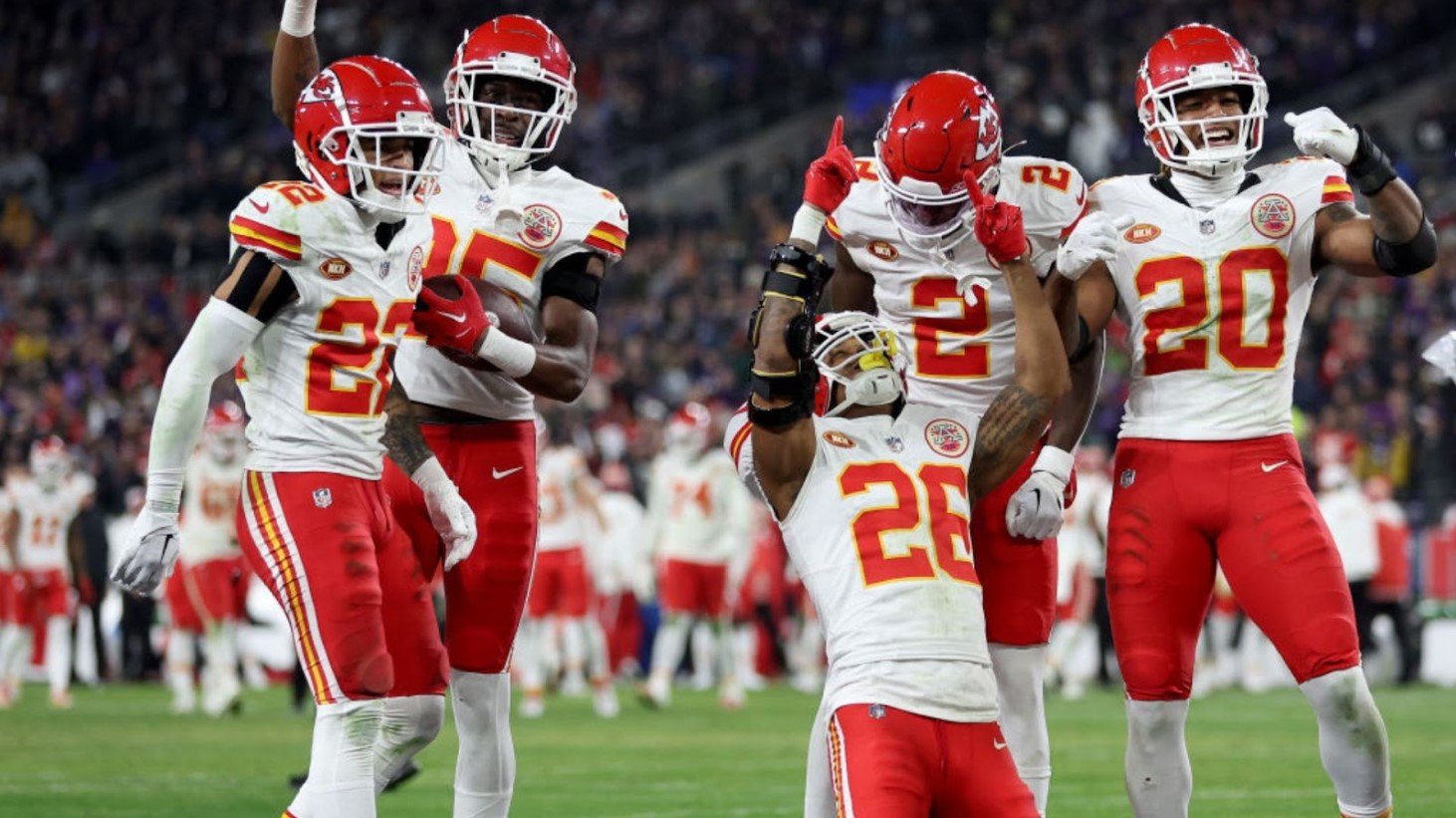
Leslie Bonci, the dietitian for the Kansas City Chiefs, revealed to Business Insider that she employs several strategies to enhance the nutritional value of meals without compromising taste.
She integrates additional nutrients into familiar dishes, ensuring players receive the necessary vitamins and minerals while enjoying their meals.
Innovative Meal Enhancements

Bonci shares that she blends additional ingredients like lentils and vegetables into traditional recipes to increase their nutritional value without altering the taste significantly.
This approach allows athletes to consume nutrient-dense meals that are still palatable and satisfying, emphasizing the importance of maintaining enjoyable eating experiences.
Balanced Meal Adjustments
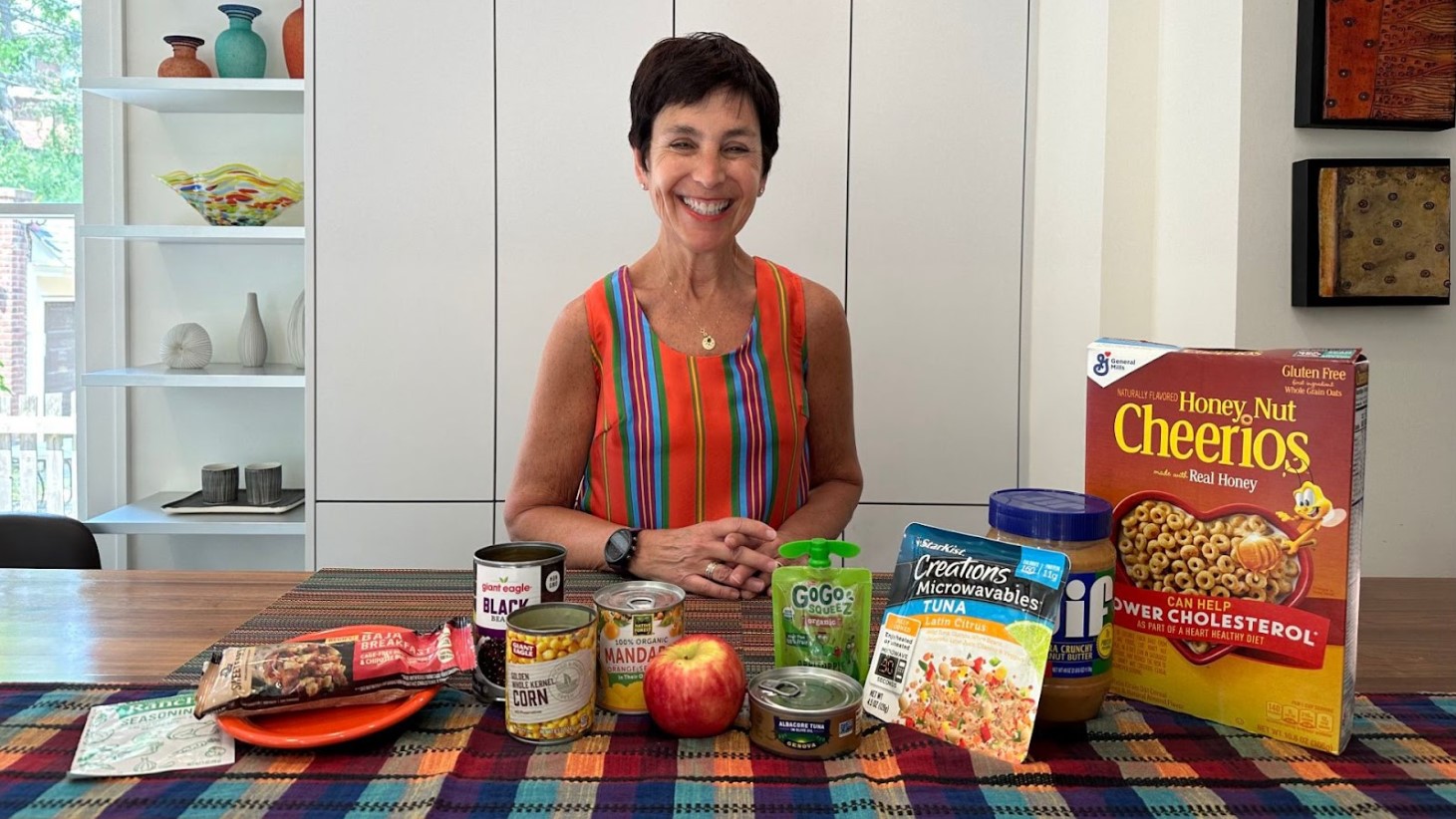
The strategy of adjusting meal ratios rather than making drastic changes is central to Bonci’s approach.
She advocates for the inclusion of healthier elements in meals to improve nutritional content while keeping the meals appealing and recognizable, ensuring that athletes are more likely to adhere to their dietary plans.
Nutrient-Rich Snacking Options
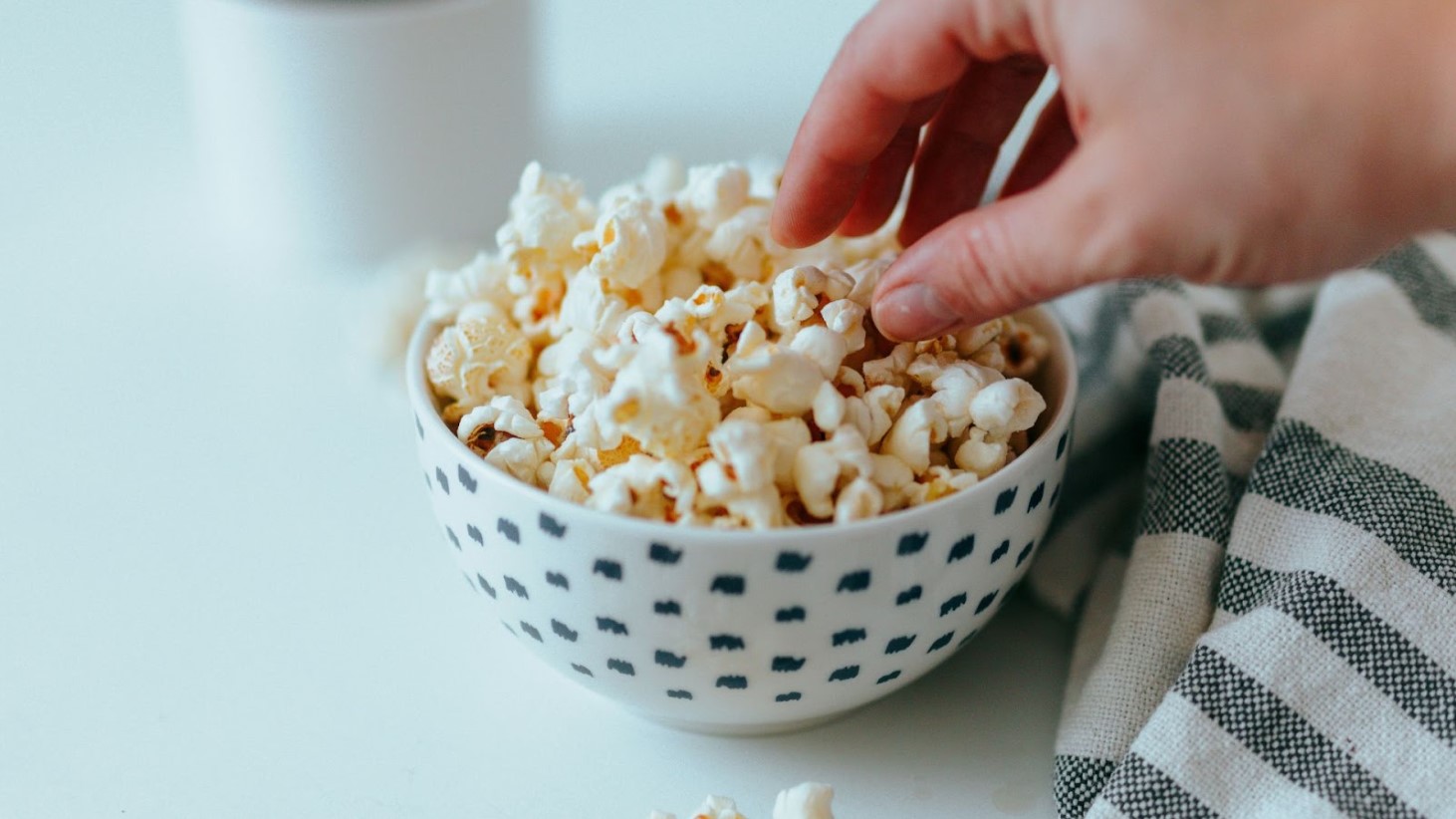
Incorporating healthier snack options into everyday foods can significantly enhance their nutritional profile. One of Bonci’s tips is to mix pumpkin purée into your oatmeal or breakfast smoothies.
She also advises adding roasted chickpeas to popcorn, to increase the protein and fiber without compromising on taste or texture.
Efficient and Nutritious Meal Preparation
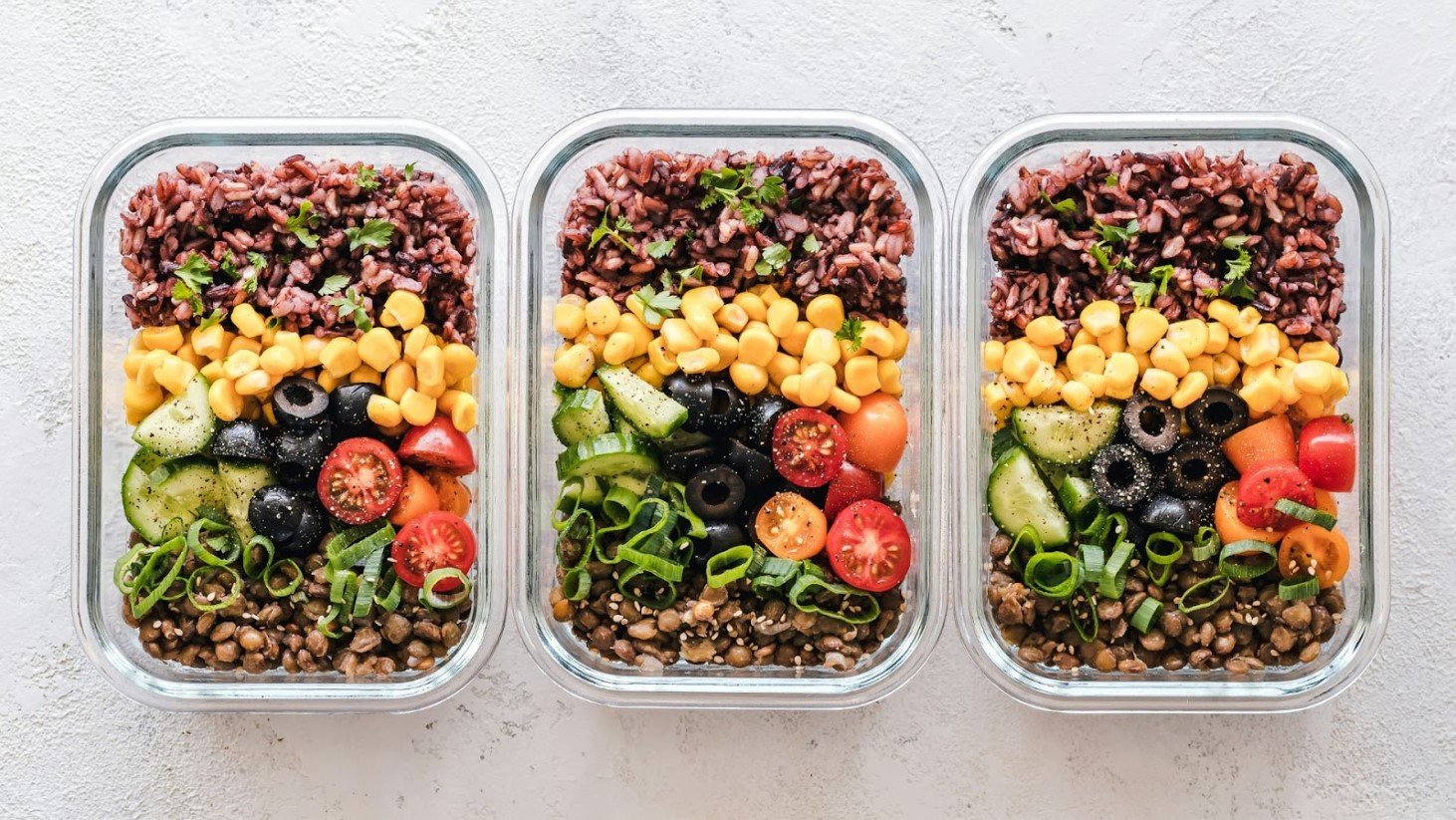
Bonci emphasizes the importance of convenience in meal preparation, particularly for individuals with demanding schedules.
She combines high-protein and fiber-rich ingredients with simple base meals to create quick, nutritious dishes that support an athlete’s dietary needs without requiring extensive preparation time.
Importance of Hydration and Carbohydrates
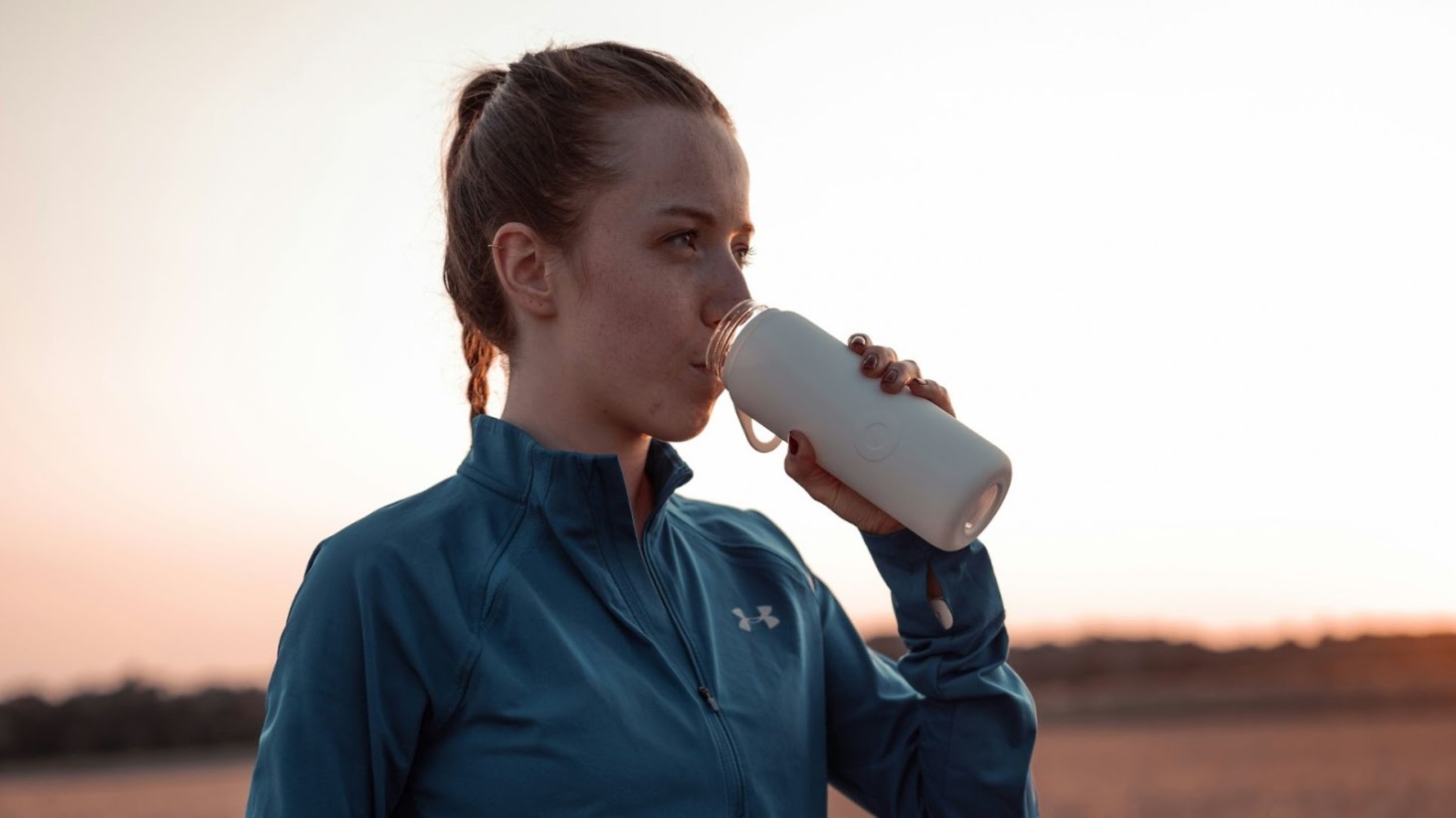
Hydration and carbohydrate consumption are critical for athletes to maintain performance during workouts.
Even if you are not an athlete, proper hydration strategies and adequate carbohydrate intake ensure that you can sustain energy levels throughout the day, according to experts like Kimberly Stein of the Gatorade Sports Science Institute.
Protein Distribution Throughout the Day
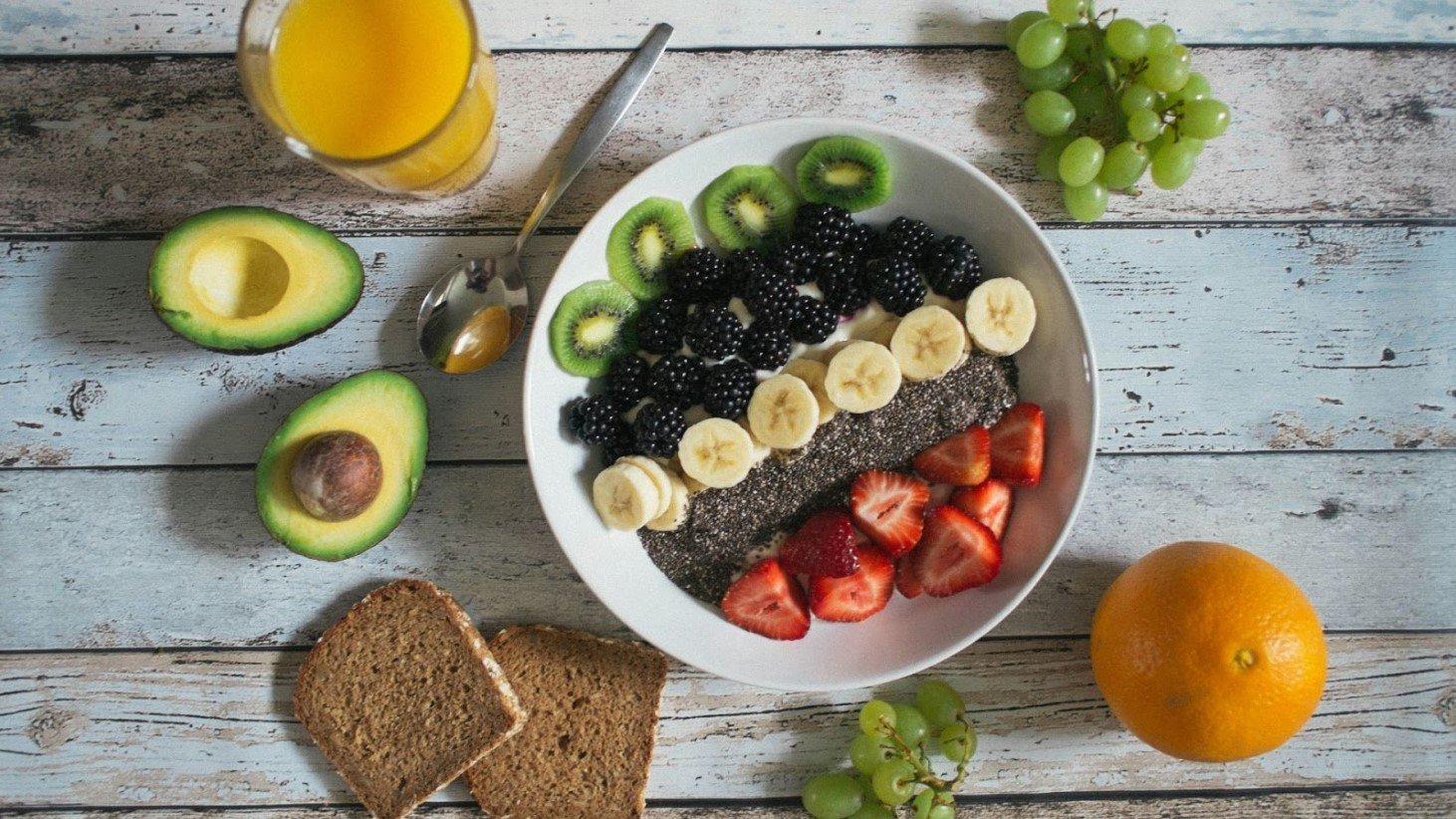
Research has shown that eating your protein intake evenly throughout the day supports muscle repair and growth. Including more protein at breakfast, which is usually a lower protein meal and consuming less protein at dinner time is a simple way to spread out your protein consumption throughout the day.
This approach can benefit not only professional athletes but also individuals engaging in regular fitness activities, aiding in muscle recovery and overall health.








































